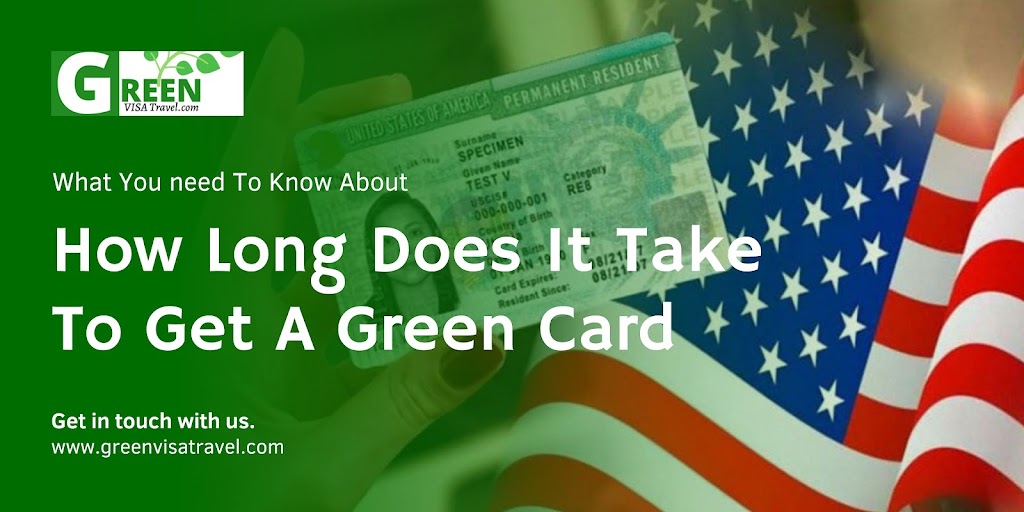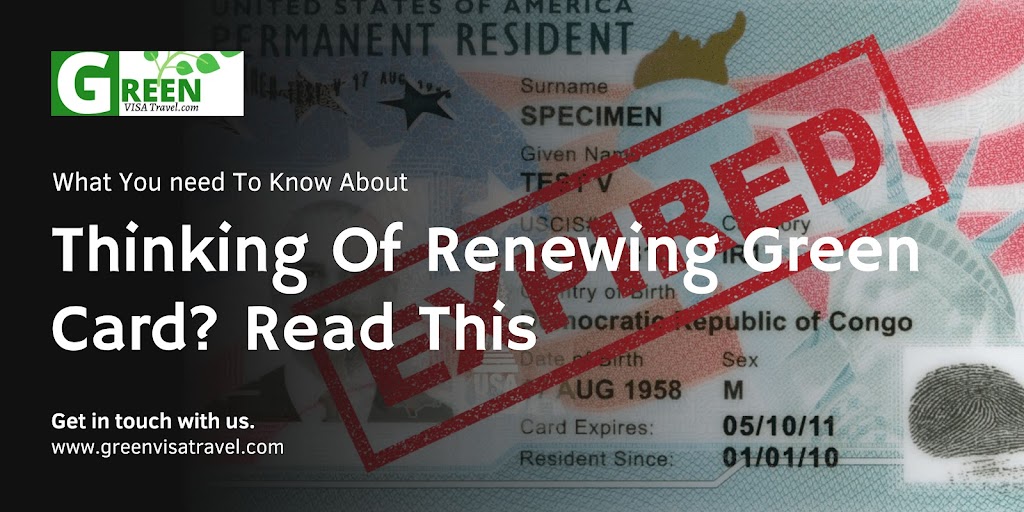The process of transitioning from a J1 visa to green card can be complex and challenging. Understanding the J1 visa program and the importance of obtaining a green card is crucial for J1 visa holders seeking to establish a permanent residency in the United States.
Understanding the J1 Visa Program
The J1 visa program, also known as the Exchange Visitor Program, is a non-immigrant visa program that allows foreign individuals to visit the United States for educational and cultural exchange purposes. It is designed to promote international education and cultural exchange and foster mutual understanding between the United States and other countries.
Importance of Green Card for J1 Visa Holders
While the J1 visa allows individuals to temporarily stay and work in the United States, it is a non-immigrant visa with a strict time limit. Obtaining a green card, also known as lawful permanent residency, provides J1 visa holders with the opportunity to permanently live and work in the United States without the need for visa extensions or renewals.
A green card offers various benefits and privileges, including the ability to work for any employer and travel in and out of the country freely.
J1 Visa Overview
Before diving into the process of transitioning from a J1 visa to green card, it is important to understand the basic overview of the J1 visa program.
Eligibility Requirements
To be eligible for a J1 visa, individuals must have a sponsor who is approved by the U.S. Department of State to participate in the exchange visitor program. Additionally, applicants must meet specific criteria set by their chosen J1 visa category, such as academic credentials, English language proficiency, and proof of financial support.
Types of J1 Visa Categories
There are various categories under the J1 visa program, each catering to a specific purpose of visit. The most common categories are:
Research Scholars and Professors: Designed for individuals coming to the United States to conduct research or teach at a university or research institution.
International Visitors: Intended for individuals traveling to the United States for cultural exchange programs, including au pairs, summer work travel participants, and camp counselors.
Government Visitors: For government officials, research assistants, and other individuals who are visiting the United States for work-related purposes in the public sector.
Duration and Restrictions of J1 Visa
The duration of a J1 visa varies depending on the category and specific program. Some J1 visas have a maximum duration limit, while others can be extended under certain circumstances.
It is important to understand the restrictions associated with the J1 visa, such as the two-year home residency requirement, which may impose limitations on future immigration plans.
Employment Options for J1 Visa Holders
While on a J1 visa, individuals have specific work opportunities and restrictions that they should be aware of.
Work Opportunities during J1 Status
J1 visa holders are eligible to work in the United States, but their employment must be directly related to their J1 program. They are not allowed to engage in unauthorized employment or work outside the scope of their program.
J1 Visa and Non-Immigrant Intent
One crucial consideration for J1 visa holders is maintaining non-immigrant intent throughout their stay in the United States. This means that they should demonstrate that their intention is to return to their home country once their J1 program ends.
This can sometimes pose challenges when transitioning to a green card, as it requires a change in intent from non-immigrant to immigrant.
J1 Visa Waiver Programs
For J1 visa holders who are subject to the two-year home residency requirement, there are waiver programs available that allow them to be exempted from this requirement. Two common waiver programs are:
State 30 Program: This program allows J1 visa holders to apply for a waiver through state public health departments if they agree to work in a designated medically underserved area for a specific period.
Conrad 30 Program: Designed for J1 visa holders who are medical doctors, this program allows them to apply for a waiver if they agree to work in a designated health professional shortage area for a certain period.
Transitioning to Green Card
To transition from a J1 visa to green card, individuals must navigate the green card process and understand the different employment-based immigration categories.
Understanding the Green Card Process
The green card process involves several stages, including labor certification, filing an immigrant visa petition, and either adjusting status within the United States or going through consular processing outside the country. It is important to carefully review the requirements and procedures associated with each stage to ensure a smooth transition.
Employment-Based Immigration Categories
There are several employment-based immigration categories that individuals can explore when applying for a green card. These categories include:
EB-1: Priority Workers: Reserved for individuals with extraordinary abilities in the sciences, arts, education, business, or athletics; outstanding professors or researchers; or multinational executives and managers.
EB-2: Advanced Degree Professionals: For individuals with advanced degrees or exceptional abilities in the sciences, arts, or business.
EB-3: Skilled Workers and Professionals: Designed for individuals with at least two years of job experience or a bachelor’s degree, while the job requires a minimum degree or work experience.
EB-4: Special Immigrants: This category includes religious workers, employees of U.S. foreign service posts, and other specific groups.
EB-5: Immigrant Investors: Intended for individuals who make a qualifying investment in a new commercial enterprise that creates jobs for U.S. workers.
Employer Sponsorship vs Self-Sponsorship
Obtaining a green card can be done through either employer sponsorship or self-sponsorship. Employer sponsorship requires a U.S. employer to serve as the petitioner and demonstrate the need for the foreign worker in the specified employment category.
Self-sponsorship, on the other hand, allows individuals with exceptional abilities or significant achievements in their field to petition for a green card without the need for an employer sponsor.
Employer-Sponsored Green Card Process
For those pursuing employer-sponsored green card options, there are specific steps and processes involved.
PERM Labor Certification
The first step in the employer-sponsored green card process is obtaining a Program Electronic Review Management (PERM) labor certification from the U.S. Department of Labor. This process requires the employer to demonstrate that there are no qualified U.S. workers available for the job position being offered to the foreign worker.
Filing Form I-140
Once the PERM labor certification is approved, the employer must file Form I-140, Immigrant Petition for Alien Worker, with the U.S. Citizenship and Immigration Services (USCIS). This petition establishes the qualifications of the foreign worker and the employer’s ability to pay the offered wages.
Adjustment of Status vs Consular Processing
After the approval of Form I-140, the foreign worker can proceed with either adjustment of status or consular processing. Adjustment of status allows individuals to apply for a green card while staying in the United States, while consular processing requires the individual to go to their home country and attend an immigrant visa interview at a U.S. consulate or embassy.
Self-Sponsorship Options
For individuals who wish to self-sponsor their green card application, there are specific categories that they can explore.
Extraordinary Ability (EB-1A) Category
The EB-1A category is designed for individuals with extraordinary abilities in the sciences, arts, education, business, or athletics. To qualify, applicants must demonstrate sustained national or international acclaim and recognition for their achievements.
National Interest Waiver (EB-2 NIW) Category
The National Interest Waiver (NIW) category allows individuals who are able to demonstrate that their work is in the national interest of the United States to self-petition for a green card. This category is particularly suitable for individuals in fields such as research, medicine, or entrepreneurship, where their work has a significant impact on the national interest.
Entrepreneurs and the EB-5 Investor Program
Entrepreneurs can explore the EB-5 Investor Program, which requires them to make a qualifying investment in a new commercial enterprise that creates jobs for U.S. workers.
This category is suitable for individuals who have significant financial resources and are willing to invest in the growth of the U.S. economy.
Maintaining Legal Status during Transition
While in the process of transitioning from a J1 visa to green card, it is crucial to maintain legal status to avoid any unnecessary complications.
Filing for Change of Status
If individuals are eligible to change their non-immigrant status while their green card application is pending, they may file for a change of status with the USCIS. This allows them to stay in the United States legally during the transition period.
Navigating the Grace Periods
It is important to understand the grace periods associated with the J1 visa and green card applications. For J1 visa holders, there is a 30-day grace period after the program ends, while individuals with an approved green card application have the option to file for an Employment Authorization Document (EAD) to continue working legally.
Avoiding Unlawful Presence
To maintain legal status, individuals must avoid accruing unlawful presence in the United States. Unlawful presence can have serious consequences and may result in bars from re-entering the United States or obtaining future immigration benefits.
Potential Challenges and Solutions
Throughout the journey from a J1 visa to green card, various challenges may arise. Here are some potential challenges and solutions to consider.
2-Year Home Residency Requirement
Certain J1 visa holders may be subject to the two-year home residency requirement, which requires them to return to their home country for at least two years before applying for certain immigration benefits. However, waivers are available for those who can demonstrate that compliance would cause exceptional hardship or persecution in their home country.
Overcoming Visa Quota Backlogs
Depending on the employment-based immigration category, there may be visa quota backlogs that can cause delays in obtaining a green card. It is crucial to stay informed about the current visa bulletin and plan accordingly to navigate these backlogs.
Dealing with Denials and Appeals
In some cases, green card applications may be denied. It is important to understand the reasons for denial and explore possible solutions, such as filing an appeal or reapplying with stronger evidence.
Obtaining Permanent Residency
Once the green card application is approved, individuals are granted permanent residency in the United States. However, it is important to be aware of certain conditions and responsibilities.
Conditional vs Unconditional Green Card
Some green cards are issued on a conditional basis, such as through the EB-5 investor program. These green cards are valid for two years and must be converted to unconditional green cards through the removal of conditions process.
Rights and Responsibilities of Green Card Holders
Green card holders enjoy numerous rights and benefits, such as the ability to live and work permanently in the United States. However, they also have certain responsibilities, including obeying federal, state, and local laws and filing tax returns.
Green Card Renewal and Citizenship
Once individuals obtain a green card, they must be mindful of the green card renewal process and the eligibility requirements for naturalization.
Renewing Permanent Resident Card
Green cards have an expiration date, typically valid for 10 years. It is important to file a renewal application within the required timeframe to maintain legal status as a permanent resident.
Eligibility and Requirements for Naturalization
After meeting certain residency and physical presence requirements, green card holders may be eligible to apply for U.S. citizenship through the naturalization process. This process involves completing an application, attending an interview, and passing a naturalization test.
Maintaining J1 Visa Status while Awaiting Green Card
Individuals who are in the process of transitioning from a J1 visa to green card may have concerns about maintaining their J1 visa status during the transition period.
Applying for J1 Visa Extensions
If additional time is needed to complete the green card process, individuals can apply for J1 visa extensions. It is important to submit the extension application before the current J1 visa status expires to avoid any gaps in legal status.
Traveling Outside the U.S. during the Transition
While it is possible to travel outside the United States during the green card transition, individuals should be aware of potential risks and complications. It is advisable to consult with an immigration attorney and plan the travel arrangements carefully to ensure a smooth return to the United States.
Summary and Key Takeaways
Transitioning from a J1 visa to green card is a complex process that requires a thorough understanding of the J1 visa program, the green card process, and the available options for transitioning. By carefully navigating the various stages and requirements, individuals can successfully obtain permanent residency in the United States and enjoy the benefits and opportunities that come with it.
FAQs:
Can I change my J1 visa to Green Card?
How long does it take to get a Green Card from a J1 visa?
Can I file for a Green Card while still on a J1 visa?
Do I need an employer to sponsor my Green Card application?
What if I cannot fulfill the two-year home residency requirement?
Is self-sponsorship a viable option for obtaining a Green Card?
Can I apply for a Green Card if I have an expiring J1 visa?



